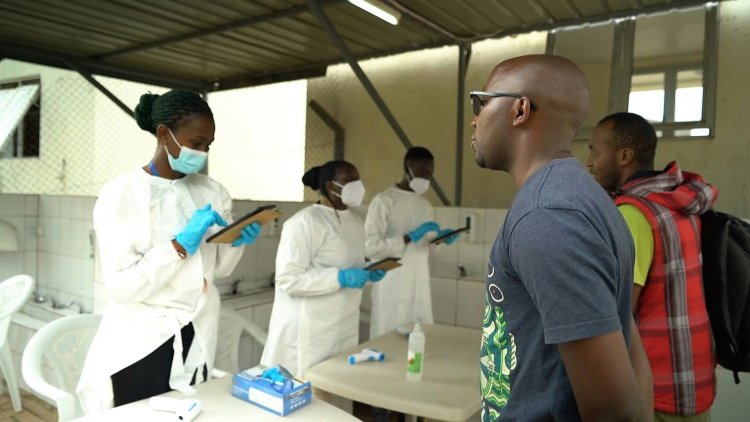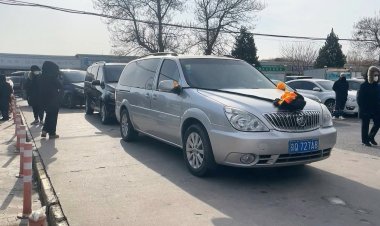Uganda lifts lockdown in Ebola epicentre

Uganda lifted a two-month lockdown on two districts at the epicentre of the country's Ebola epidemic, amid cautious hope that the outbreak could end soon.
Since authorities declared an Ebola outbreak on September 20, the East African nation has registered 142 confirmed cases and 56 deaths, with the disease spreading to the capital Kampala.
The two central districts at the heart of the outbreak, Mubende and Kassanda, were placed under lockdown by President Yoweri Museveni on October 15.
But Vice President Jessica Alupo announced that the government was "lifting all movement restrictions and curfew in Mubende and Kassanda districts with immediate effect".
The two hotspots were under a dusk-to-dawn curfew, with markets, bars and churches closed as well as personal travel banned.
"The lifting of the restrictions is based on the fact that currently there is currently no transmission, no contact under follow-up, no patients in the isolation facilities, and we are progressing well", Alupo said in a televised address delivered on behalf of Museveni.
Alupa warned however that the government remained on "high alert".
The outbreak has been caused by the Sudan strain of the virus, for which there is currently no vaccine.
According to the World Health Organization, an outbreak of the disease ends when there are no new cases for 42 consecutive days -- twice the incubation period of Ebola.
Ebola spreads through bodily fluids. Common symptoms are fever, vomiting, bleeding and diarrhoea.















